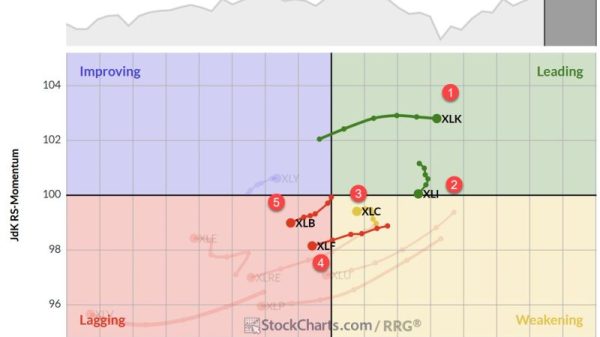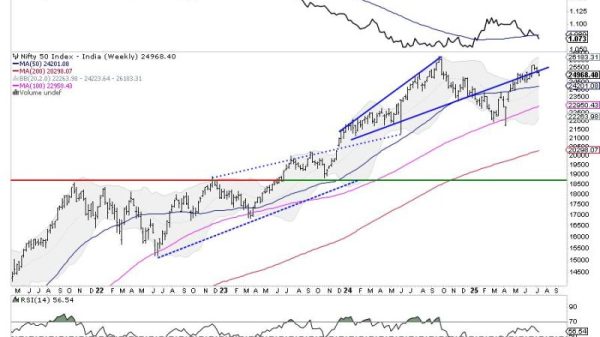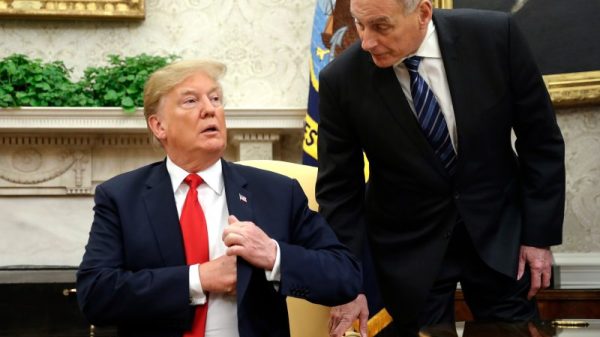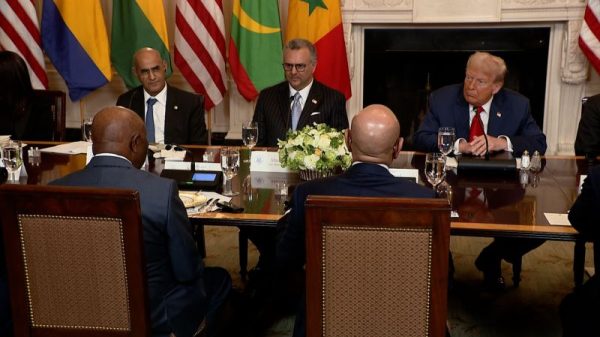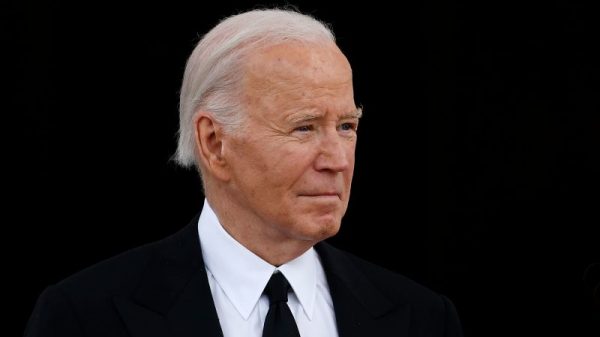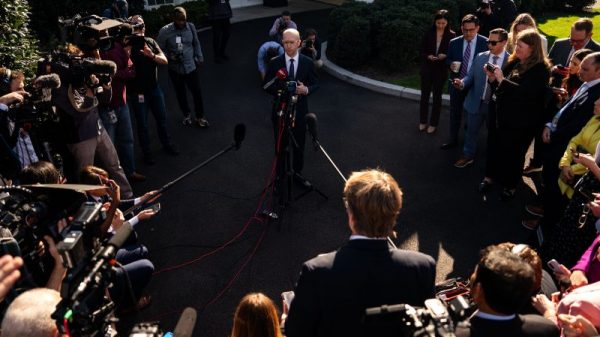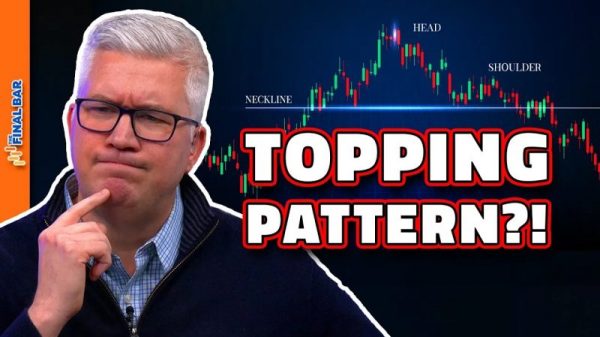Turkey is looking to collaborate with China on rare earths processing as part of a broader initiative to bolster the country’s presence in the electric vehicle (EV) and battery markets.
According to Bloomberg, the initiative is a strategic move that Turkey hopes will enhance its appeal to Chinese manufacturers, including major companies like BYD (OTC Pink:BYDDF,SZSE:002594), the world’s largest EV producer.
Under the leadership of President Recep Tayyip Erdogan, the Turkish government has been proactive in seeking Chinese involvement in the exploitation and processing of rare earth elements.
In 2022, Turkey discovered a large deposit of the critical metals in Beylikova, near Eskisehir in Central Anatolia.
Since then, Turkey has positioned itself as a potentially key player in the global rare earths supply chain, targeting various high-tech applications such as EVs and renewable energy technologies.
The country is hopeful that it can go beyond being only a rare earths supplier, and is seeking to establish a comprehensive value chain that includes processing, manufacturing and final production stages.
A successful partnership with China — a global rare earths and EV powerhouse — could position Turkey as a more attractive destination for Chinese companies looking to expand their manufacturing capabilities.
In line with these efforts, Turkey plans to send Energy Minister Alparslan Bayraktar to China in October to engage in advanced discussions with officials in the country. The delegation will aim to finalize details regarding the collaboration as both nations explore opportunities for cooperation in the rare earth elements sector.
The upcoming visit will follow Erdogan’s earlier discussions with Chinese President Xi Jinping in Kazakhstan, where they explored the potential for joint development of Turkey’s rare earths deposits.
If successful, the partnership will come at a time when China is tightening its grip on its rare earths sector — the Asian nation recently announced plans to implement stricter regulations on the mining, smelting and trading of rare earths.
These new rules, which will be effective starting on October 1, emphasize state ownership of rare earths resources and require detailed traceability for all enterprises involved in the sector. The regulations also include restrictions on the export of technology related to rare earth magnets, which are vital for EVs and other advanced technologies.
Securities Disclosure: I, Giann Liguid, hold no direct investment interest in any company mentioned in this article.







